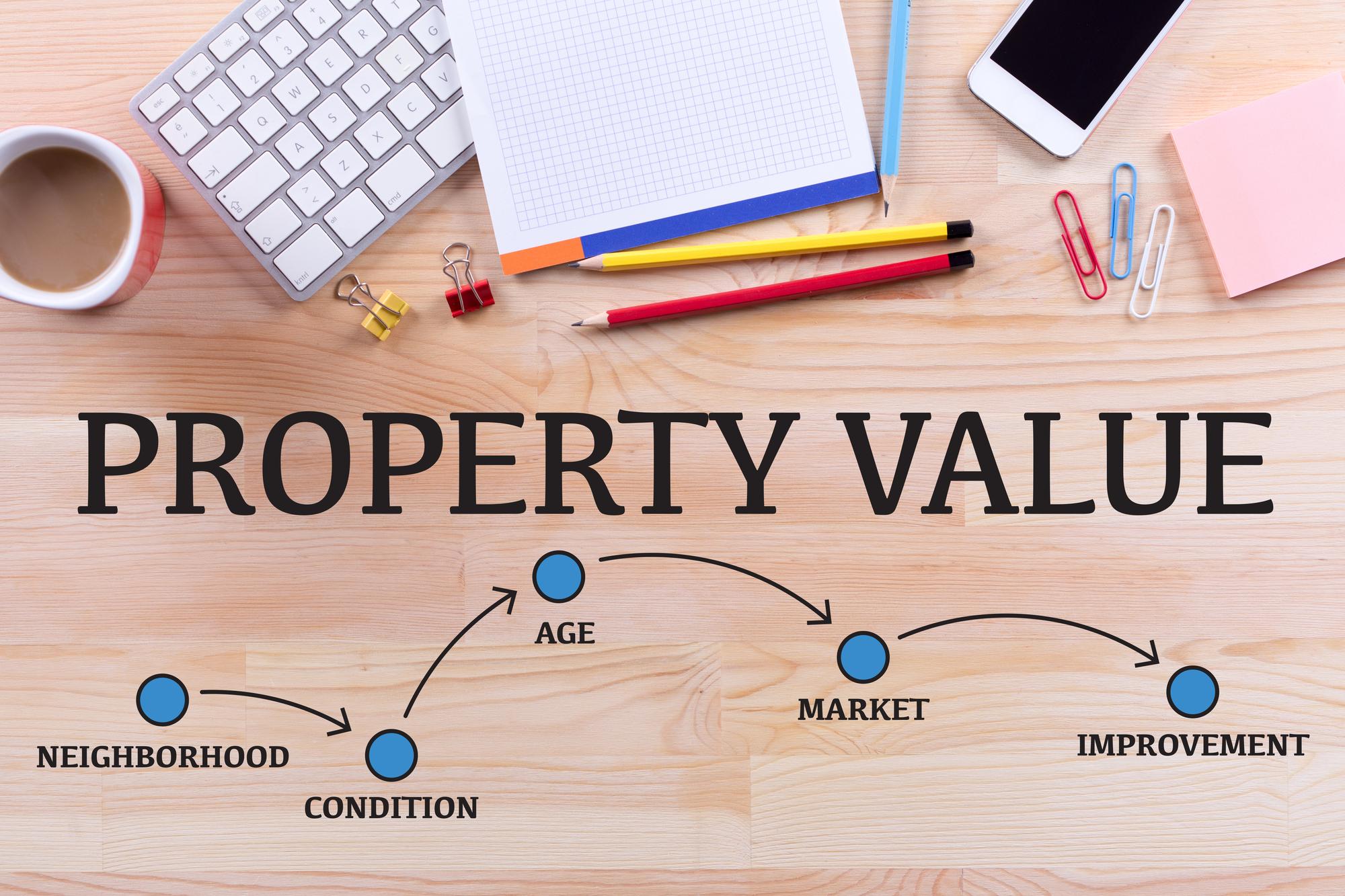Assessed Value vs. Market Value of Your Home
Ever wondered why the price tag on a house doesn’t always match what it’s listed for on the market? You’re definitely not the only one! In the world of real estate, there can be a big difference between a home’s assessed value and its market value. It’s really important for any smart homebuyer to understand these differences. Whether it’s your first time buying a home or you’re looking to add another property to your portfolio, knowing about these values can help you avoid unexpected costs and make a good investment.
In this article, we’re going to take a close look at why your dream home might be listed at two very different prices and how knowing this can help you. Get ready as we simplify the tricky stuff behind these important numbers, making sure you walk into the market feeling confident and informed. Keep reading to learn some insider tips that might just change how you look at every home for sale from now on.
When selling your home through a realtor, it’s crucial to understand the different valuations your property might receive: the assessed value and the market value. While these two figures can occasionally align, more often than not, the assessed value is lower than the market value. Each plays a unique role during the home-selling process, and recognizing their differences can lead to a more successful transaction.
Assessed Value Explained
The assessed value of a home is determined for tax purposes by county assessors. These real estate professionals evaluate the property by reviewing sales of comparable homes, considering any income generated from the property (like rental income), assessing the value of any recent improvements, and estimating the replacement cost in the event of disasters like fires.
The figure an assessor calculates is then multiplied by an “assessment rate,” which typically ranges from 80% to 90% depending on the local jurisdiction. For example, if an assessor values your home at $500,000 and the assessment rate is 90%, the assessed value will be $450,000. This assessed value is crucial as it is used by local governments to compute property taxes. Homeowners can check their home’s assessed value and potential property taxes online at sites like Netronline.
Market Value Insights
On the other hand, market value is influenced by the dynamics of the real estate market, encapsulating what buyers are prepared to pay and what sellers are ready to accept. Tools such as Trulia and Zillow can provide insights by comparing your home to similar properties recently sold in your area.
Several factors influence market value including the home’s location, its external condition, architectural style, the availability of public utilities, room sizes, appliances, heating systems, and energy efficiency. Moreover, market demand plays a significant role; in a seller’s market, for instance, buyers may pay a premium for what they perceive as their ideal home.
This market value is typically what your realtor will use to list your home, serving as a starting point for negotiations and ensuring both buyers and sellers are aligned on pricing expectations. It helps potential buyers to secure appropriate financing and contributes to a smooth transaction, saving time and effort for all parties involved.
Conclusion
Understanding the difference between assessed value and market value is key to navigating the real estate market effectively, whether you’re buying or selling. Remember, the assessed value is determined largely for tax purposes and often differs from what the market dictates a home is worth. This market value fluctuates with buyer demand, seller expectations, and the unique qualities of the property and its location.
As a buyer, knowing these distinctions can help you negotiate better, recognize a good deal, and prepare for the financial aspects of home ownership, such as property taxes. For sellers, a grasp of these values ensures realistic pricing, quicker sales, and smoother transactions. Always use tools like Trulia and Zillow to compare properties, and don’t shy away from discussing these values with your realtor to gain a clearer perspective on your investment or sale.
So, whether you’re looking to buy your first home or sell one of your properties, equip yourself with knowledge about assessed and market values. This understanding not only empowers you to make informed decisions but also positions you to maximize your financial outcomes in the dynamic landscape of real estate. Dive deeper, ask questions, and never settle for the surface facts. Your perfect deal could be just one well-informed decision away!
Reach out to Laura at LauraSinclairHomes.com or contact her here to give you more information and help you sell your home.
